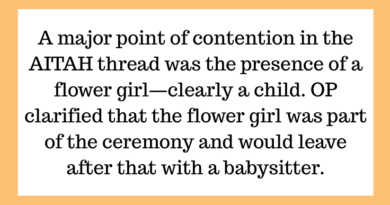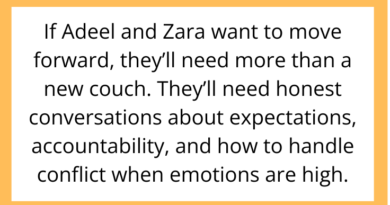AITAH for Refusing to Give My Brother the Inheritance Our Parents Left Me Because “He Needs It More”?
Inheritance disputes are among the most emotionally charged conflicts within families—and when fairness collides with family loyalty, things can get messy. In today’s AITAH-inspired blog post, we explore a sibling standoff that’s turning grief into resentment. One sibling received everything according to the will. The other wants to split it—because “that’s what Mom would have wanted.”
Is sticking to a will selfish—or simply respecting final wishes?
Let’s unpack the drama.
A Death, A Will, and A Divide

Our story centers on Zara (31), who recently lost both parents in a tragic car accident. As the eldest child, she handled the arrangements, including sorting out their modest estate. According to the legal will, everything—house, savings, and a small life insurance policy—was left solely to her.
Her younger brother, Ali (27), was shocked. He assumed they would split everything 50/50. But the parents’ will clearly stated Zara as the sole beneficiary. When she decided to honor that, things spiraled fast.
Ali was furious.
The Confrontation: “You Know I Need This”
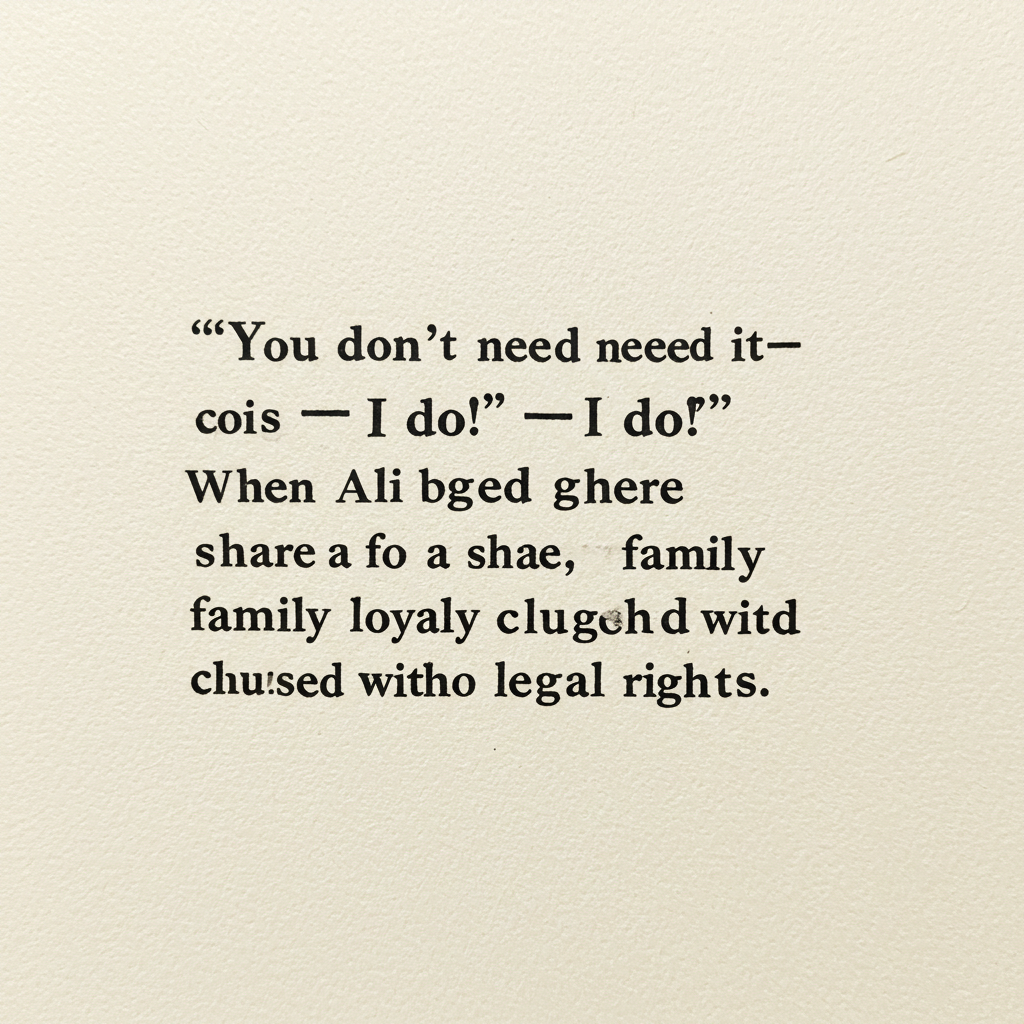
Ali, who had recently lost his job and was behind on rent, begged Zara to “do the right thing.” He said their parents must have expected her to share, and maybe they just didn’t update the will in time.
“You’re single, doing well, and don’t need the money,” he argued. “I’m struggling. Don’t you think Mom would want us both taken care of?”
Zara stood firm. She had taken care of their parents during their final years, managed all the responsibilities after their death, and respected the exact instructions left behind. She told Ali she would consider helping if he had a specific, short-term need, but she would not split the inheritance in half.
That’s when Ali told the rest of the family. Now, cousins, aunts, and even family friends are messaging her, calling her heartless and greedy.
Zara turned to Reddit’s r/AITAH to ask: Am I the villain for not giving my brother a share of the inheritance, even though he needs it more?
Legal vs. Emotional Fairness
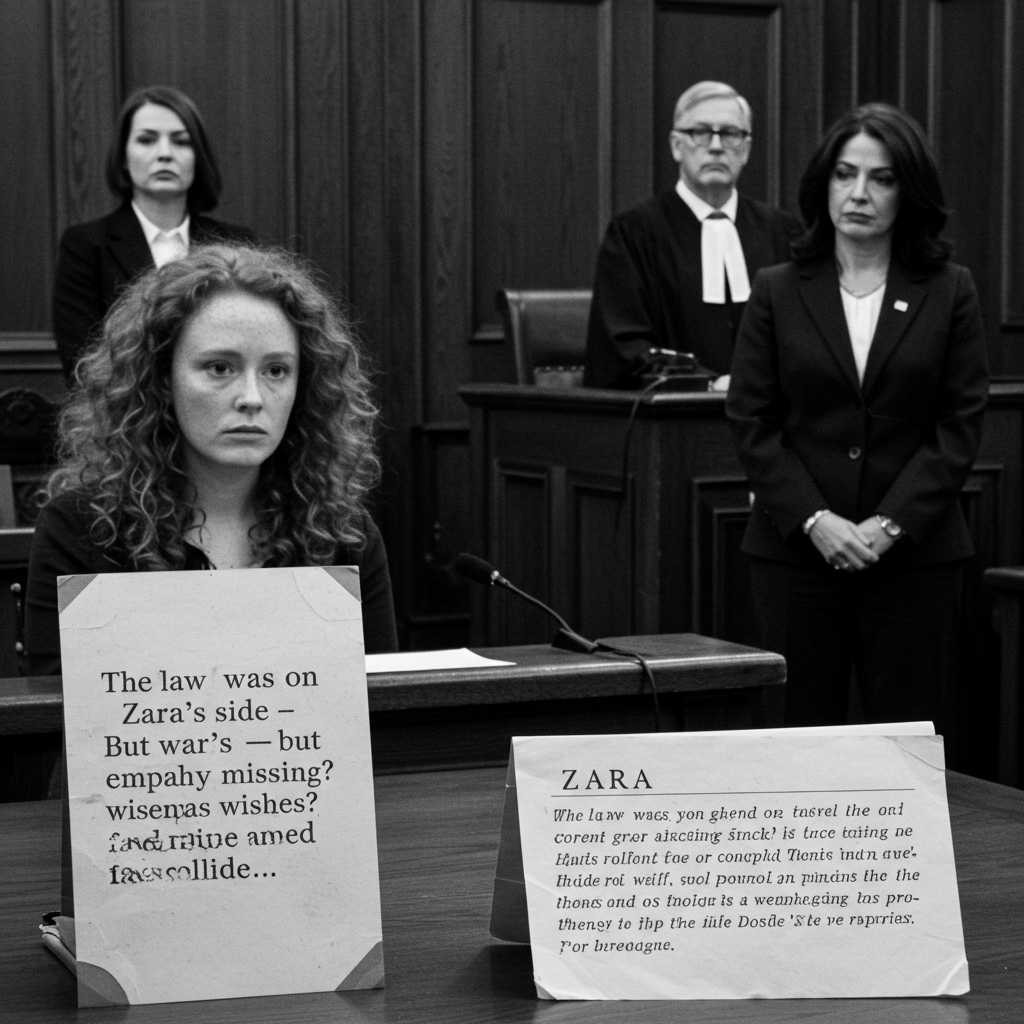
Why Zara’s Stance Makes Sense
From a legal standpoint, Zara did absolutely nothing wrong. The will was clear. There’s no ambiguity. Her parents chose her, for reasons that are not publicly known—but might include her maturity, responsibility, or perhaps gratitude for her caretaking.
Beyond legality, Zara offered to help her brother selectively, but she’s under no obligation to divide the assets evenly.
This isn’t about greed—it’s about respecting boundaries, final wishes, and personal responsibility.
Why Ali’s Feelings Are Understandable
But from an emotional perspective, Ali’s reaction isn’t entirely out of line. He grew up believing inheritance would be split evenly—as many siblings do. Being left out can feel like rejection, or even betrayal, especially when you’re in a vulnerable place financially.
He might also feel that Zara holding all the power only reinforces a sense of imbalance that may have existed throughout their lives.
His emotions are valid—but emotions don’t always justify actions.
Reddit Reacts: A Divided Jury

As always, Reddit had strong opinions. The top-voted comments largely sided with Zara.
“NTA. Wills exist for a reason. Your parents made their decision. You’re honoring it.”
Others noted that the real issue might be Ali’s sense of entitlement, especially if he’s used to being bailed out or lacks financial discipline.
But a few commenters asked thought-provoking questions:
“Do you know why they excluded him? Are you absolutely sure it wasn’t a mistake? If not, why not share a portion, even if it’s not half?”
The thread evolved into a broader conversation on sibling dynamics, parental favoritism, and the weight of expectation after a loss.
Inheritance Disputes: A Common Family Rift
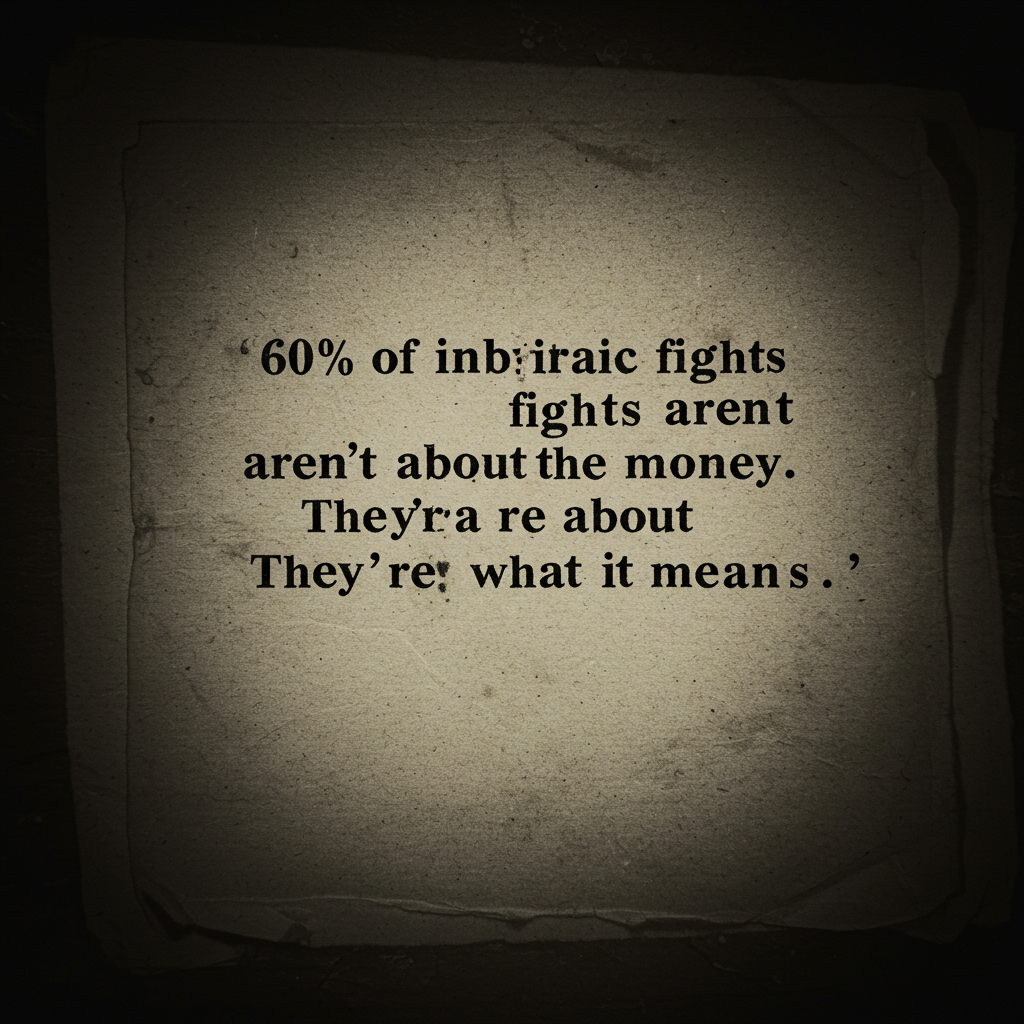
Money often becomes the lightning rod for long-simmering family tension. Inheritance disputes can:
-
Expose old wounds about favoritism or neglect.
-
Fuel entitlement masked as fairness.
-
Test the emotional maturity of those involved.
What begins as a legal matter often turns deeply personal.
According to a 2023 survey on estate conflict, nearly 60% of family inheritance battles aren’t about the amount—it’s about how it was divided.
Could This Situation Have Been Handled Differently?

What Zara Did Right:
-
Honored the legal will.
-
Offered limited help instead of cutting Ali off entirely.
-
Maintained boundaries while being respectful.
What Could Be Improved:
-
Consider a family meeting to explain the will and reduce speculation.
-
Offer Ali closure, if not cash—perhaps a letter explaining her decision.
What Ali Could Do:
-
Focus on financial independence instead of inheritance.
-
Seek therapy or support for processing grief and rejection.
-
Stop weaponizing family pressure.
Final Verdict: No, Zara’s Not the Villain—She’s Just the One Holding the Bag

Zara isn’t selfish for respecting a will. She isn’t cruel for refusing to divide something that legally—and perhaps emotionally—belongs to her.
Ali isn’t evil either. He’s grieving, lost, and feeling left out. But entitlement disguised as emotion doesn’t change the facts.
In the end, it’s a story about responsibility—and how hard it is to be the one left making the hard calls when emotions are high and family is fractured.

